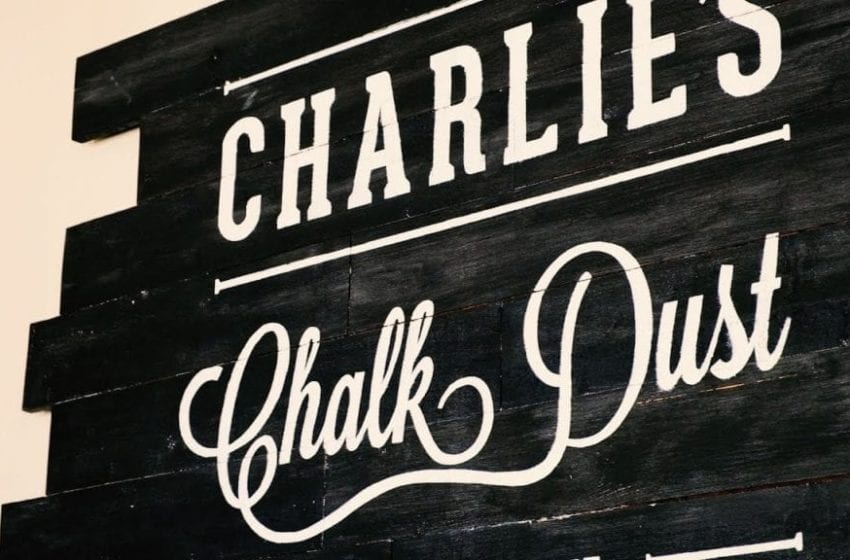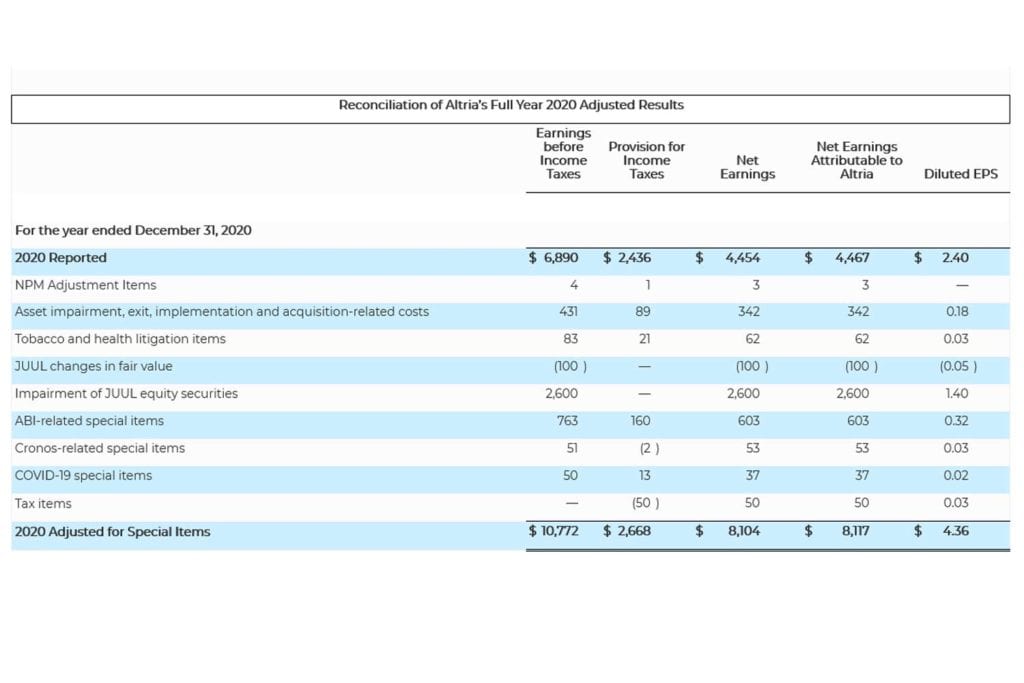
More than 140 organizations released a letter on May 24 calling on governments to begin plans to phase out the sale of all cigarettes. Signatories include the Association of American Cancer Institutes and schools such as the Johns Hopkins Bloomberg School of Public Health.
“For decades, tobacco companies have falsely claimed they’d stop selling cigarettes if proven deadly,” said Action on Smoking and Health (ASH) Executive Director Laurent Huber. “Clearly, they didn’t mean it and will continue as long as it is profitable. It’s up to governments to protect their citizens from tobacco products and from the tobacco industry by planning to phase out the sale of combustible tobacco.”
The joint letter released is part of “Project Sunset,” an umbrella program that seeks to phase out the commercial sales of cigarettes.
According to ASH, the idea of phasing out tobacco sales is neither radical nor theoretical.
“Society has banned the sale of products that are far less harmful and even useful, like lead gasoline, chlorofluorocarbons and asbestos,” the organization wrote in a press note. “What is radical is allowing an addictive product that kills when used as intended to be more readily available than milk.”
ASH insists that Project Sunset is not prohibition. “It is about phasing out the sale of commercial tobacco products, not possession or use,” the organization wrote. “Some opponents (some funded by the tobacco industry) have warned that banning tobacco sales would give law enforcement new rationales to abuse their power, especially in communities of color. But it will never be illegal to hold a cigarette, or to grow tobacco, or even to buy it.”
ASH contends that marketing and selling tobacco also violates basic human rights. “Tobacco addiction compounds health inequities, especially among minority communities, who are preferentially targeted by tobacco industry marketing,” the group wrote.
“And there is growing agreement that what the tobacco industry does every day is not only immoral but criminal. Marketing and selling a product known to be addictive and deadly easily meets most definitions of murder.”




















